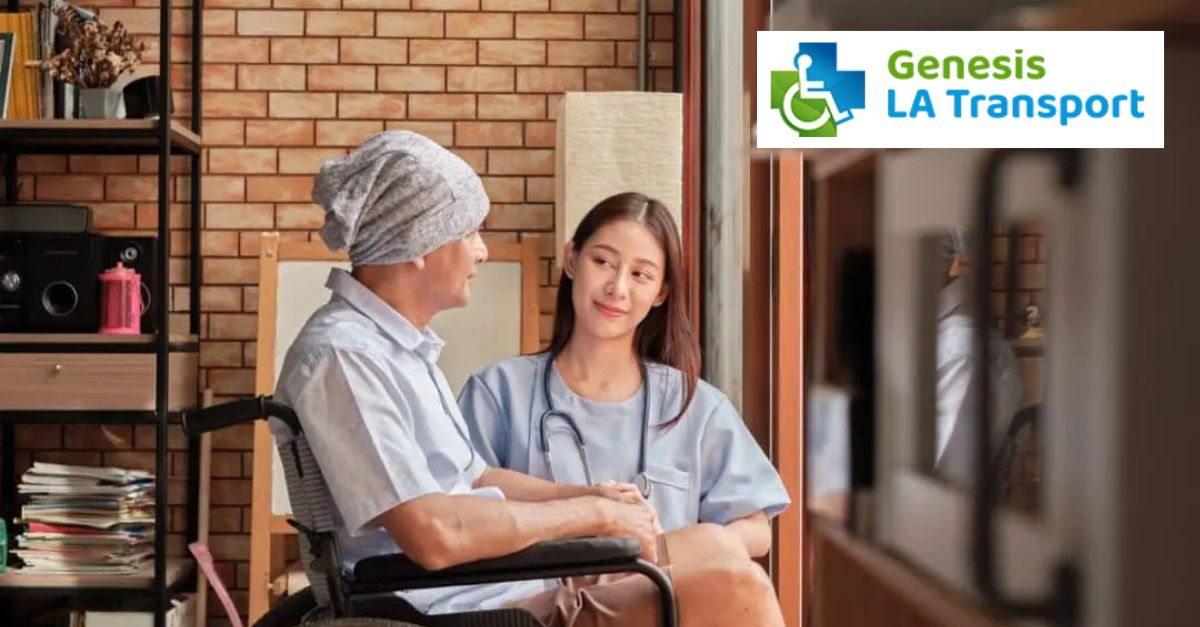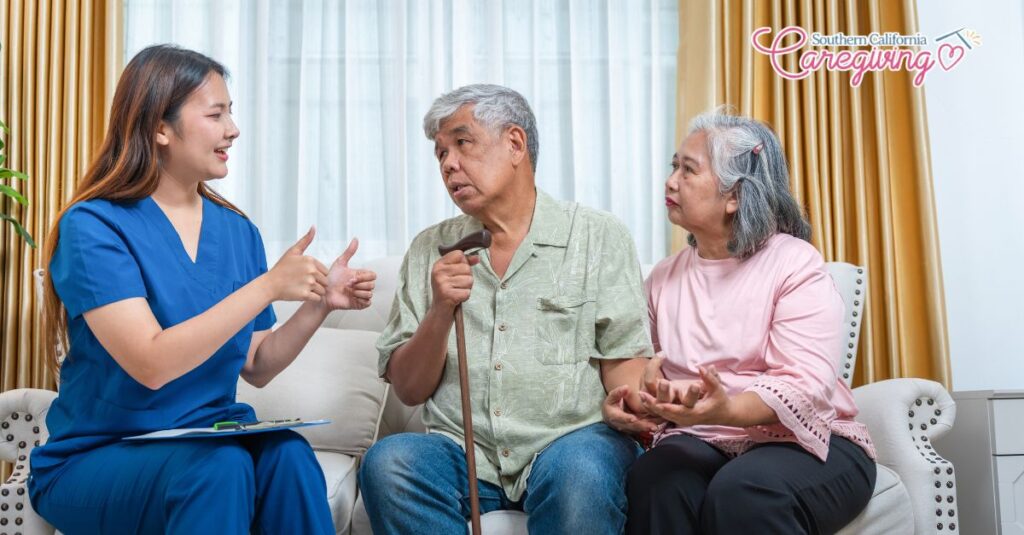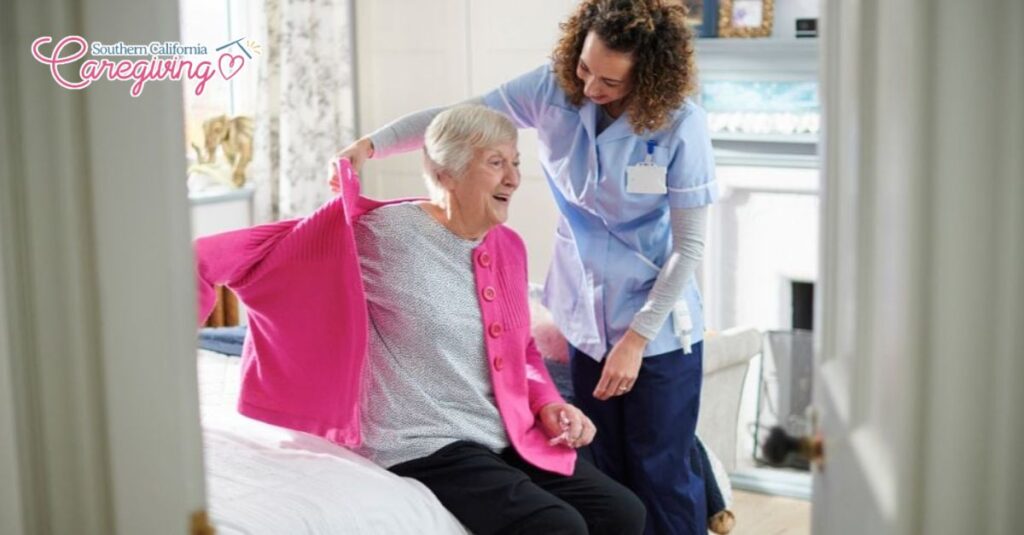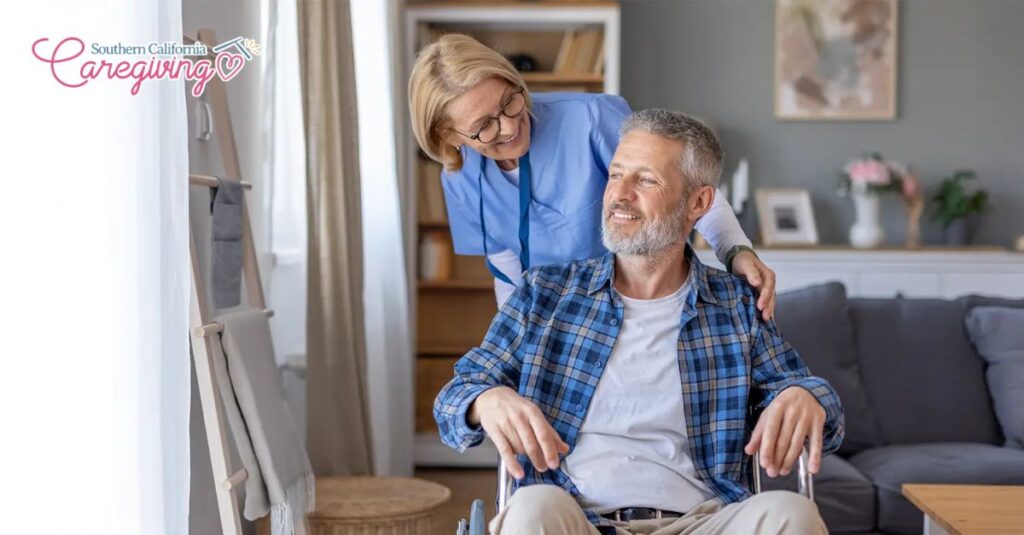
Cancer hits harder with age. About 60% of new cases are diagnosed after 65. And the median age is almost 67. Most older adults want to stay where life feels familiar. That choice can work with steady routines, clear communication, and supportive homecare.
Here’s the reality we see every week. Treatment side effects mix with normal aging. Fatigue can linger all day, and even simple tasks feel heavy. Gentle activity helps, but it takes reminders and a calm pace. This is where a reliable home aide fits in, keeping routines simple and safe.
Falls are a big worry. More than one in four adults 65+ report a fall each year, and recovery is slower when you are dealing with cancer. Clear floors, night lights, and hands-on support during showers cut the risk. If you are starting care, ask for homecare focused on mobility and bathroom safety first.
Food is another area where people experience challenges. A few hours of In-home support for meal prep and hydration checks can make a real difference.
Most seniors want to remain at home, and many already rely on family or friends for day-to-day help. That load can be heavy. A local home care agency can share the work by coordinating visits around treatment days, setting up rides, and keeping everyone on the same page.
Daily logistics matter. Meds multiply. Instructions change. Symptoms shift. A trained team tracks schedules, watches for side effects, and passes clear updates to nurses and doctors. If you are comparing options, choose a home care company that teaches safe transfers, keeps visit notes, and attends key appointments. MD Anderson Cancer Center
Comfort is part of care. Short walks. A favorite show. Photo albums at the table while eating soup. That is practical home care assistance that also supports mood. It is not fancy. It just works.
Start small if you prefer. Many families try morning homecare agency visits for bathing and breakfast during treatment weeks. Others choose evening check-ins for meds and a safer bedtime.
Keep the plan simple. We bundle regular check-ins under Wellness Support Services like weight and hydration tracking, quick mood screens, and safety reviews. Small issues stay small when someone sees them early.
Caregivers need care too. Built-in breaks matter. Schedule Self-Care Assistance for a spouse or adult child who is helping at home. A rested helper shows up stronger for the hard days.
If you need a little help getting started, ask for a short assessment and a trial week. The goal is steady support, not pressure. With the right homecare plan, home stays familiar, routines stay doable, and the person you love feels seen and supported.



